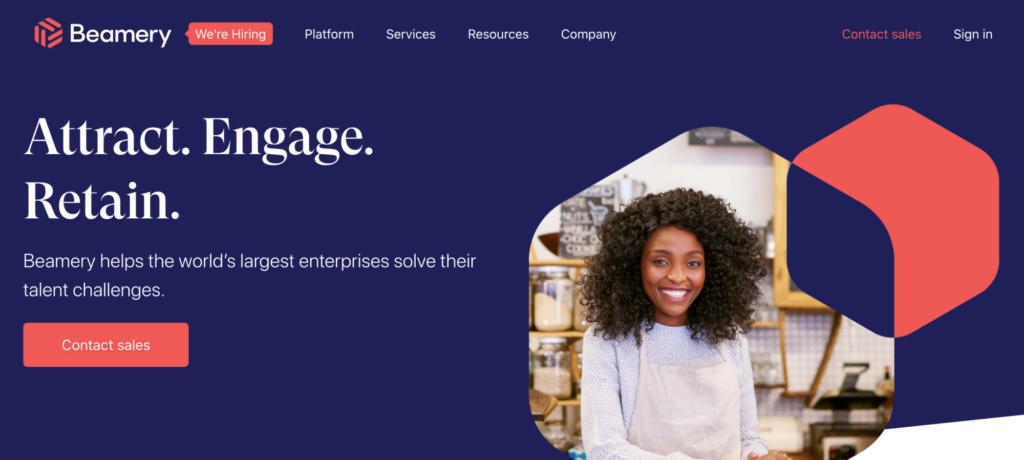Hiring is hard, that’s a given. What’s even harder though is making hiring decisions that help your company long term. Hiring is traditionally pretty transactional. You have a job, you post an ad, you fill the role. Simple.
This results in a pretty reactive process though. You don’t have any sense of where the next 1-100 that you need to grow your company are going to come from. Imagine how you’d react if your VP of sales told you that he or she had no idea where future deals were going to come from… That’s where talent pools come in.
What is a talent pool?
Talent pools are lists or groups of candidates that aren’t currently in your application process. These are people that you’re keeping an eye on (and ideally nurturing) for future roles.
Why is a talent pool important?
Talent pools have emerged as a great way to help companies build pipeline for the future and make hiring a key part of their business.
Do you need a new platform for this?
Technology is an enabler, never a fix-all. A shiny new solution will never fix a broken process.
If you’re interested in making hiring a core part of the business and getting proactive about bringing onboard the best talent, CRM software that helps you create talent pools can be a great fit.
Using an Applicant Tracking System (ATS) is not enough
Your applicant tracking system (ATS) is a repository for applicants and manages the application process. It can’t help you manage and nurture all of your other relationships. These could be candidates that you’ve sourced, leads from events or unsuccessful applicants that you want to re-engage. Quite often you literally cannot get to these people…
As a result, many talent teams rely on spreadsheets to handle this data. Spreadsheets are great for accounting, but they’re terrible for recruiting.
You have to manually update everything, you don’t get any insight into candidate relationships, and they’re not searchable. Recruiting teams lose valuable time with manual work. Also, they risk providing a poor candidate experience as communication with candidates slips through the gaps.
Why should you use CRM software?
If you want to get the best talent in today’s hiring market, you need to put the candidate at the heart of your recruitment process. You need to focus on building relationships with candidates. Some of these candidates may not be a fit for roles you have open right now, but you have to make sure that every touchpoint they have with your brand moves the conversation forward.
CRM technology is pretty ideal for this, (there’s a big reason your VP of Sales wouldn’t be able to survive without CRM), but it’s more about a mentality of putting hiring first.
If you’re interested in learning more about Beamery and how we’re trying to solve this problem you can learn more on our website.
Special thanks to Ben Slater, VP Growth at Beamery – a Recruitment CRM that makes it easy to build and nurture talent pools for open and future roles.


